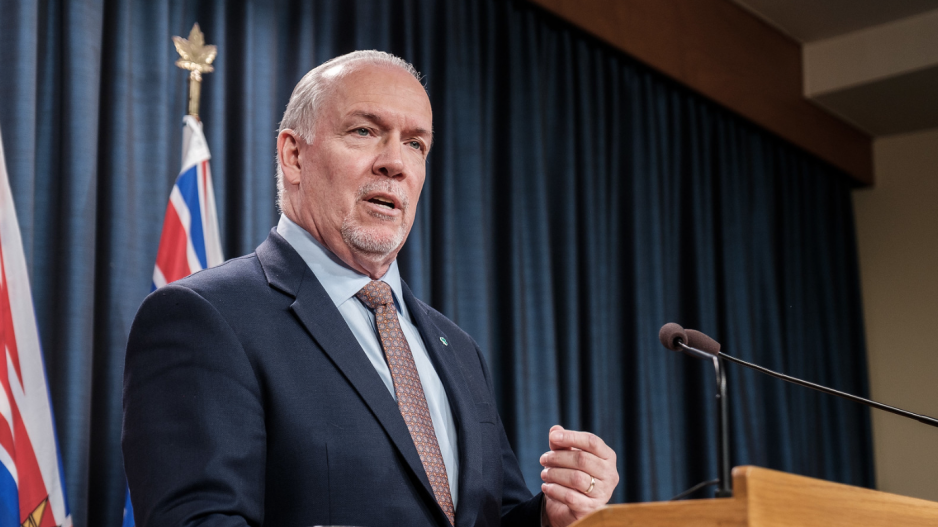Social media is harming people’s ability to get factual information about their communities, the country and the world, Premier John Horgan said Sept. 17.
“That worries me a lot,” Horgan told delegates of the Union of BC Municipalities as their annual convention wrapped up Sept. 17.
The premier, who had considered journalism as a career, said unlike news produced by journalists, much of what is found on social media is not fact-checked or verified.
But, he said, as more people turn to questionable sources, news outlets lose advertising and have to lay off journalists — resulting in less verified news coverage.
“I’ve seen the erosion of local information, credible reliable, verifiable information for the public to better understand the challenges they face locally, provincially, nationally and internationally.”
He said he often grumbles to friends who depend on social media for news, and often reminds them none of what they read there is verified or fact-checked.
“It is opinion that is put out into the world and then absorbed by the multiple millions depending on whether or not it starts to trend,” he said.
Horgan said citizens need accurate information but asked, “how do we do that without appearing to be the state intervening?”
“We have, I think, a tussle right now between how does the government protect open access to information and how does open access to information protect the public that is consuming that information.”
“We just don’t know where it’s coming from anymore.”
Nelson Coun. Keith Page posed the question to Horgan, saying social media has hollowed out the revenue model of traditional media outlets leading to attrition in the ranks of journalists. Further, he said, under-investment in libraries combined with the harms of social media have led to a decline in social knowledge infrastructure in B.C.
“It affects everybody here and it affects everybody out there,” said outgoing UBCM president Brian Frenkel.



